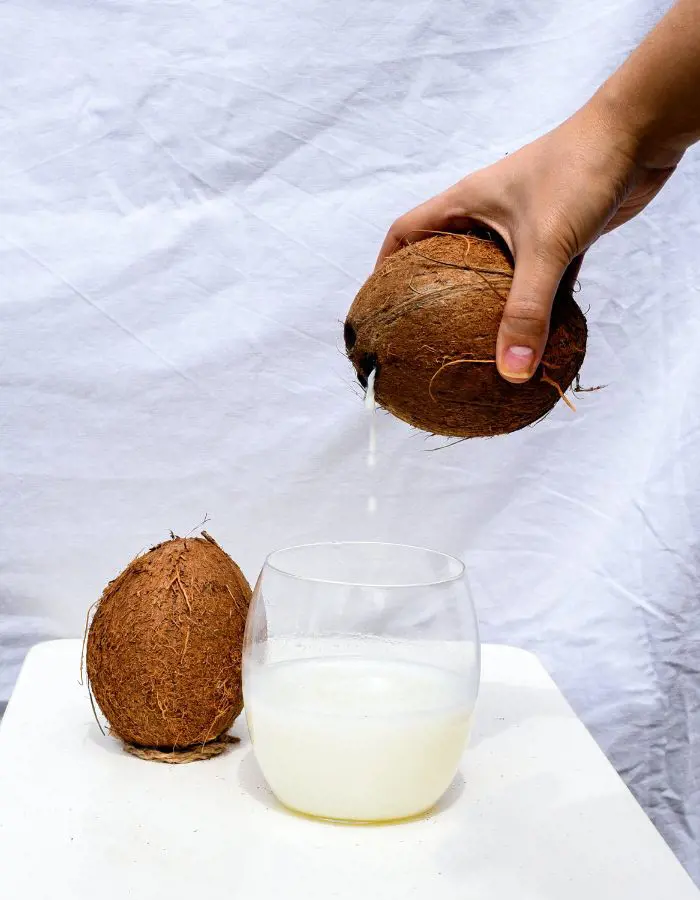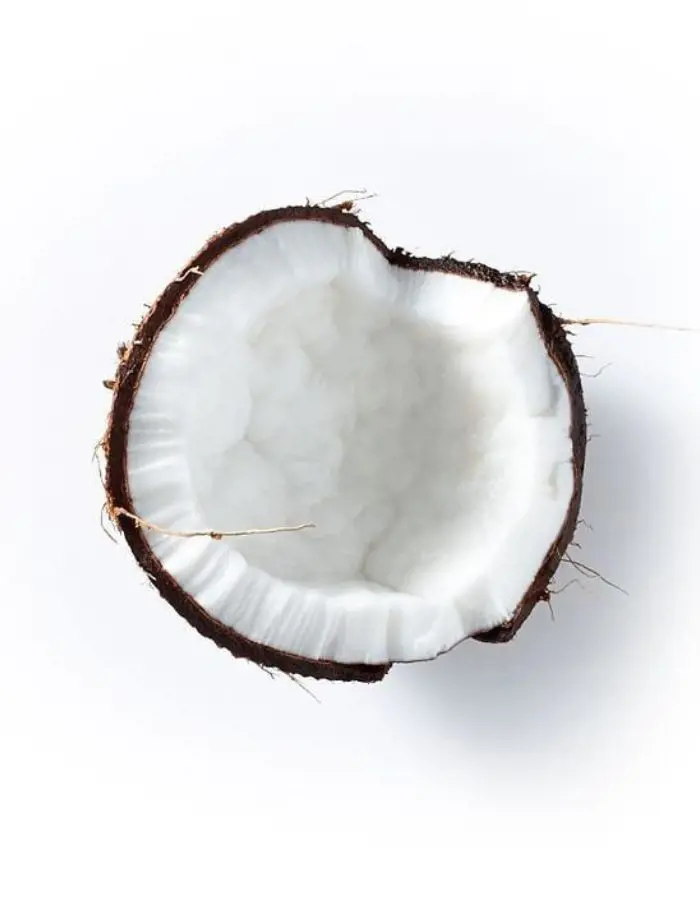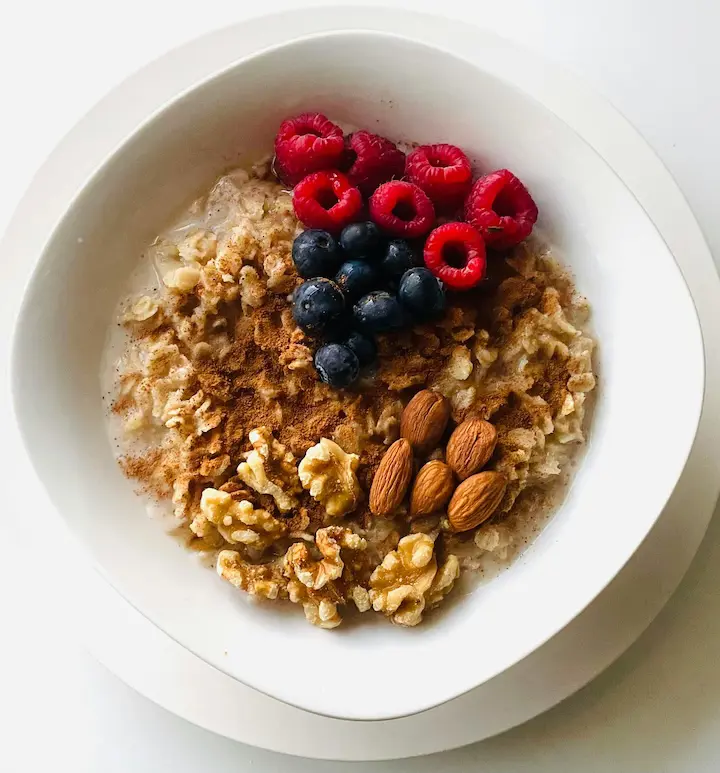1. It Is Rich In Nutrients
Coconuts are considered healthy for their richness in nutrients, boasting a diverse array of vitamins and minerals that contribute to overall health.
It provides vitamin C, a potent antioxidant present in coconuts, and plays a pivotal role in supporting the immune system. B vitamins (B1, B3, B5, B6) are also present which are essential for energy metabolism and the maintenance of various bodily functions.
Similarly, the mineral profile of coconuts includes iron, vital for oxygen transport in the blood, as well as calcium, magnesium, phosphorus, and selenium, all contributing to bone health, nerve function, and antioxidant defense.














